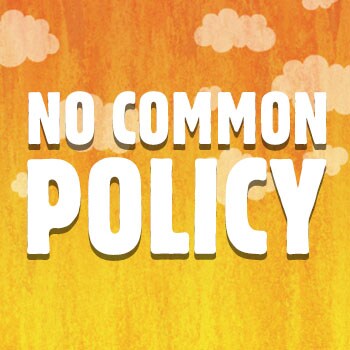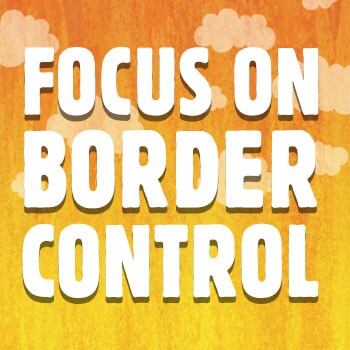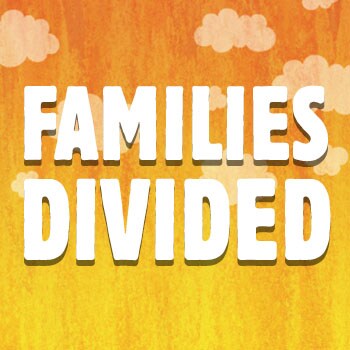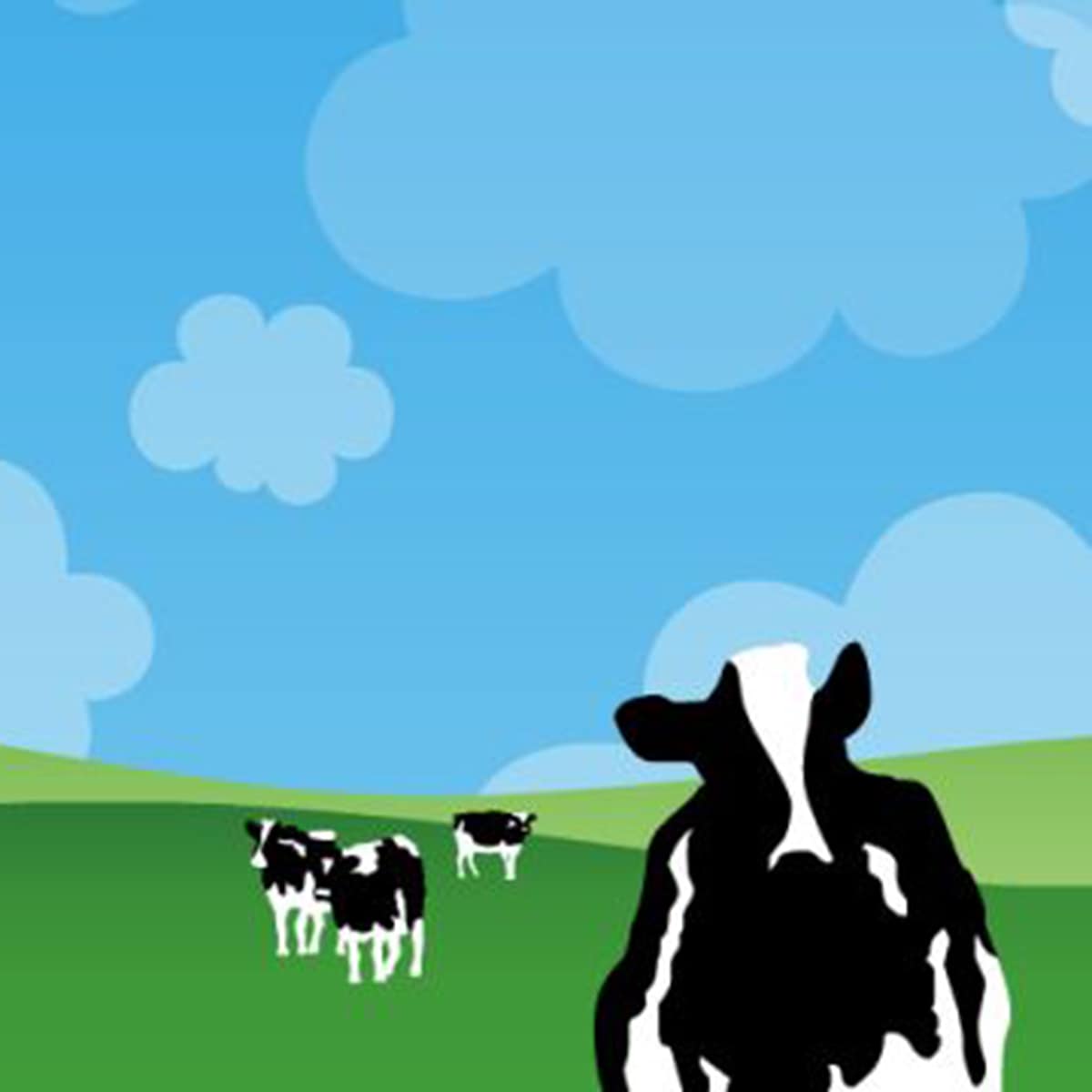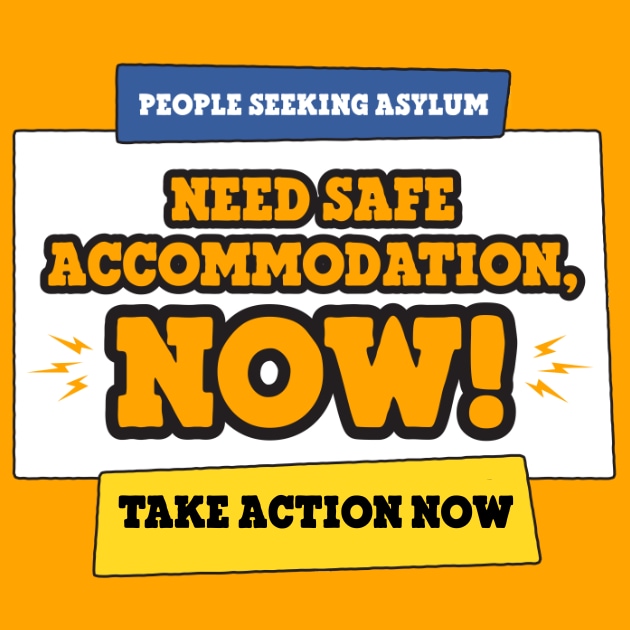16th July, 2017
Right now, record numbers of people have been forced to flee their homes due to war and persecution. The refugee crisis has been a test of how well European countries can offer protection to refugees.
But this shouldn't be so difficult. The EU currently has over 20% of the world's GDP - yet hosts less than 1% of the world's refugees. So far, the European response has been inadequate:

Your Voice Matters!
-
The EU has struggled to develop a common policy to protect a reasonable number of the increased amount of people forced to flee their homes.
Europe's inability to agree upon a common, coordinated response has left up to 62,000 people stranded in Greece and over 11,000 in the Balkans. Many refugees are stuck in limbo. Without legal and safe alternatives, they continue to wait for a new home where they can rebuild their lives.
Without a common policy, the EU has been struggling to create and enforce common rules. This means that even refugees who have met the criteria for refugee status often remain waiting for months with little accurate information and services available to them.
-
Instead of focussing on tangible ways to help vulnerable refugees, European leaders have prioritised measures to prevent more people from entering Europe. In March 2016, European countries along the Western Balkan route closed their borders and the EU-Turkey deal was signed. This deal means that refugees who travel from Turkey to Greece can be sent back. This focus on border control without establishing safe and legal pathways to protection in Europe has forced many refugees to take dangerous journeys to reach safety.
-
After fleeing their homes to seek safety from violence, many families have been divided on the routes into Europe. Without a comprehensive process to reunite families, many mothers, fathers, sons and daughters have been stranded alone and without the support of their families.
Vulnerable groups, such as unaccompanied children, have had their protection needs slip through the cracks as a result of a lack of coordinated policy response. As children continue to travel alone and without protection, they are at increased risk of being exploited by smugglers.

Your Voice Matters!
What Should Europe do Next?
There are legal and safe options that Europe can offer to protect refugees. Resettlement is one way: it offers some of the most vulnerable refugees a legal way to safety and a chance to rebuild their future.
So far, overall European resettlement numbers have been consistenly low - in 2016, 13,269 refugees departed to be resettled in 19 EU Member States. But in 2016, the European Commission proposed a law that will create a common European framework for resettlement. This is a golden opportunity for Europe to step up and agree on an ambitious EU-wide scheme to help some of the 1.2 million vulnerable refugees in need of resettlement worldwide in 2018.
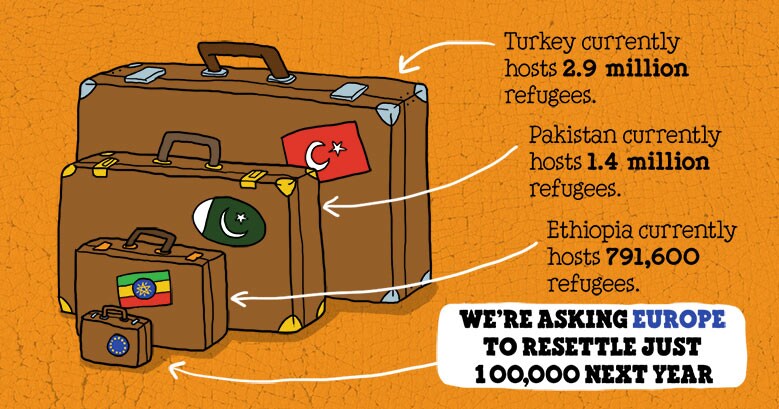
How Can You Help...
We are asking you to support a historic law that will help refugees resettle in Europe. By sending just ONE email, you can urge your European representative to support this law that will create a coordinated refugee resettlement programme in Europe. The more people who stand up Together For Refugees - the more likely it is that the law will pass and really make a difference by increasing European resettlement! Learn more here.

Your Voice Matters!
Together with the IRC, we're calling on our representatives in Brussels to support a historic piece of legislation that's currently being discussed in the European Parliament and YOU can join us! All you have to do is send ONE email - it could make the world of difference. So what are you waiting for?! Take the action NOW and show that you're Together For Refugees.
